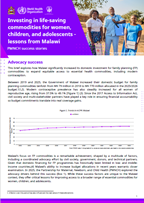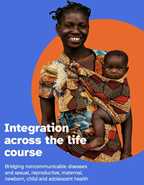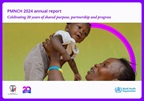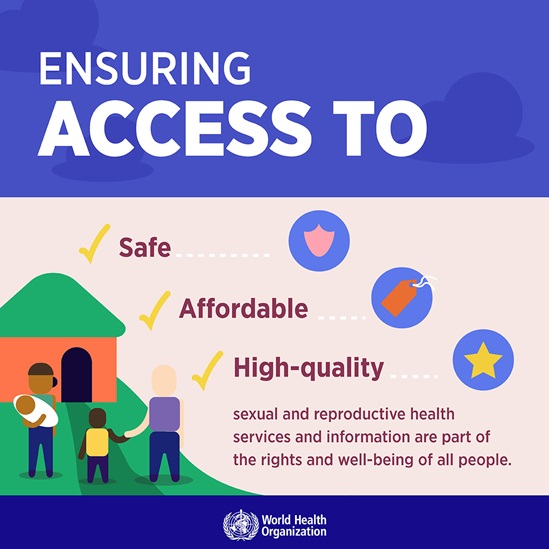
Sexual and reproductive health and rights
The importance of guaranteeing women’s sexual and reproductive health rights cannot be overstated. 214 million women in developing countries want to avoid pregnancy but—for a variety of reasons—are not using a modern method of contraception. Providing much-needed contraception in these regions would avert an estimated 67 million unintended pregnancies annually. It would also reduce maternal deaths by an estimated 76000 each year.
By strengthening national policies, laws, strategies, and programs to increase access to evidence-based SRHR interventions, countries can significantly reduce morbidity and mortality due to unintended pregnancies, sexually transmitted infections, including HIV, and unsafe abortion. Ensuring universal access to high-quality, age-specific SRHR services, information and commodities will improve health outcomes for women and adolescents in all situations, including fragile, conflict and humanitarian contaxts, given that the achievement of sexual and reproductive health relies on the realization of sexual and reproductive rights.
PMNCH, through its partners, drives effective evidence-based advocacy to uphold people’s rights to essential SRHR services. This is achieved through knowledge generation as well as coordinated and integrated advocacy to strengthen political commitment and policies, and to increase funding for and access to the full spectrum of SRHR interventions, including safe abortion services. These actions have included launching a Call to Action and a special issue of Sexual and Reproductive Health Matters focused on SRHR in Universal Health Coverage from a rights perspective.
Databases
News
All →Publications
All →
Investing in life-saving commodities for women, children, and adolescents: lessons from Malawi
The global health community is facing a critical moment for the women, children and adolescent health agenda. Some countries have made incredible strides...

Integration across the life course: Bridging noncommunicable diseases and sexual, reproductive, maternal,...
Noncommunicable diseases (NCDs) are the leading cause of death worldwide, responsible for more than 60 percent of global mortality. In 2021 alone, they...
.tmb-144v.png?Culture=en&sfvrsn=6d0e27cd_1)
Partnership for change: promoting and protecting women's, children's, and adolescents' health in a fragmented...
Making progress for the health and human rights of women, children, and adolescents is possible, but hard-won gains are under threat. Conflict, the climate...

PMNCH 2024 annual report: celebrating 20 years of shared purpose, partnership and progress
The world is facing more challenges and much uncertainty. Millions of women, children and adolescents continue to die from preventable causes and many...
Multimedia
All →PMNCH compendium

.png?sfvrsn=6d0e27cd_1)







